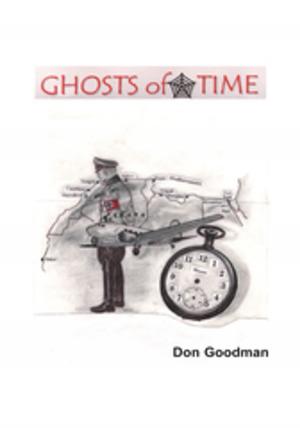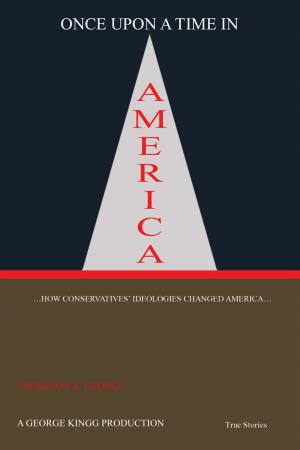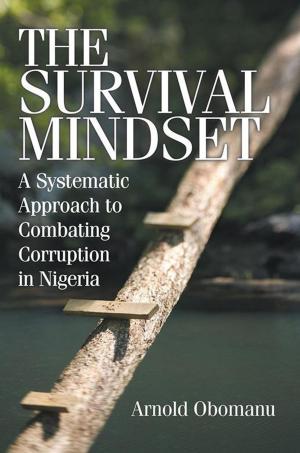Recollections
Collected Essays
Nonfiction, Social & Cultural Studies, Political Science, Politics, Arms Control, Social Science| Author: | Phyl Amadi | ISBN: | 9781491756706 |
| Publisher: | iUniverse | Publication: | January 23, 2015 |
| Imprint: | iUniverse | Language: | English |
| Author: | Phyl Amadi |
| ISBN: | 9781491756706 |
| Publisher: | iUniverse |
| Publication: | January 23, 2015 |
| Imprint: | iUniverse |
| Language: | English |
Phyl Amadi looks back at life growing up in Nigeria in this collection of essays that celebrates a time of simplicity when tribes lived in harmony.
But that idyllic life did not last: He also lived through the dark days of the Nigeria-Biafra civil war that broke out in 1967 and lasted until 1970. Even when it ended, life was never the same.
The fighting triggered a progression of seemingly never-ending decay in Nigerian society, which today is manifested in fraudulent and violent electoral processes, bloody religious conflicts, a corrupt public service, deteriorating infrastructure, and the pervasive false religiosity that seeks to exploit the people.
While much has changed in recent years, so much remains the samewith everyday Nigerians still struggling to come to terms with the past while coping with the complexities of the present.
These essays written from 2000 to 2005 will make you laugh, cry, and thinkbut most importantlythey suggest a way to move beyond the pain of the past and toward a brighter future.
Phyl Amadi looks back at life growing up in Nigeria in this collection of essays that celebrates a time of simplicity when tribes lived in harmony.
But that idyllic life did not last: He also lived through the dark days of the Nigeria-Biafra civil war that broke out in 1967 and lasted until 1970. Even when it ended, life was never the same.
The fighting triggered a progression of seemingly never-ending decay in Nigerian society, which today is manifested in fraudulent and violent electoral processes, bloody religious conflicts, a corrupt public service, deteriorating infrastructure, and the pervasive false religiosity that seeks to exploit the people.
While much has changed in recent years, so much remains the samewith everyday Nigerians still struggling to come to terms with the past while coping with the complexities of the present.
These essays written from 2000 to 2005 will make you laugh, cry, and thinkbut most importantlythey suggest a way to move beyond the pain of the past and toward a brighter future.















